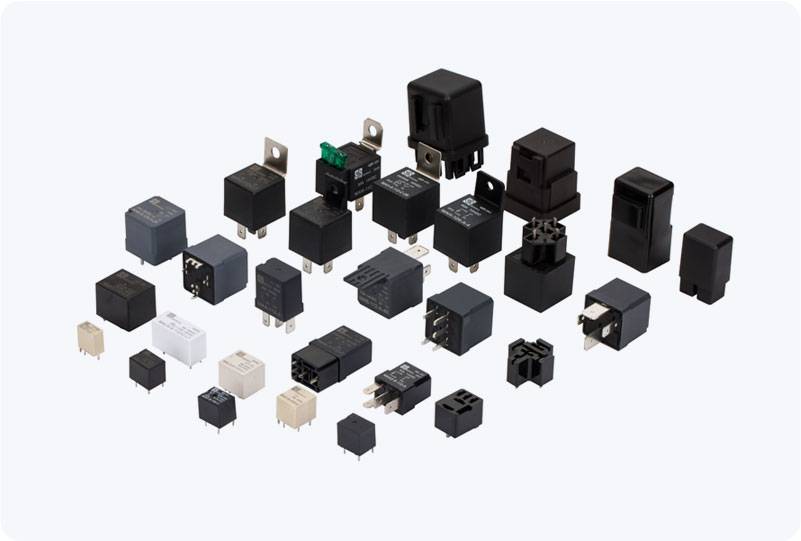In today’s fast-paced world, the importance of automation and control in various industries cannot be overstated. At the heart of many control systems lies a fundamental component known as the relay. A relay acts as an electrical switch that allows low-power signals to control high-power circuits. This crucial function necessitates the expertise of relay manufacturers, who design and produce a wide array of relay types to meet diverse industrial needs.

Relay manufacturers play a vital role in the development of electrical systems across various sectors, including automotive, telecommunications, home appliances, and industrial automation. They specialize in creating different types of relays, such as electromechanical relays, solid-state relays, time-delay relays, and latching relays, each tailored for specific applications. Understanding the different relay types and their functionalities is essential for any organization aiming to implement effective control systems. Electromechanical relays (EMRs) are one of the most common types produced by relay manufacturers. They use an electromagnetic coil to open or close contacts, allowing or interrupting the flow of electricity. EMRs are known for their robustness and ability to handle high voltages and currents. They are widely used in industrial automation systems, motor control, and other applications that require reliable switching mechanisms. However, due to their mechanical nature, they are subject to wear over time, which can lead to failures.